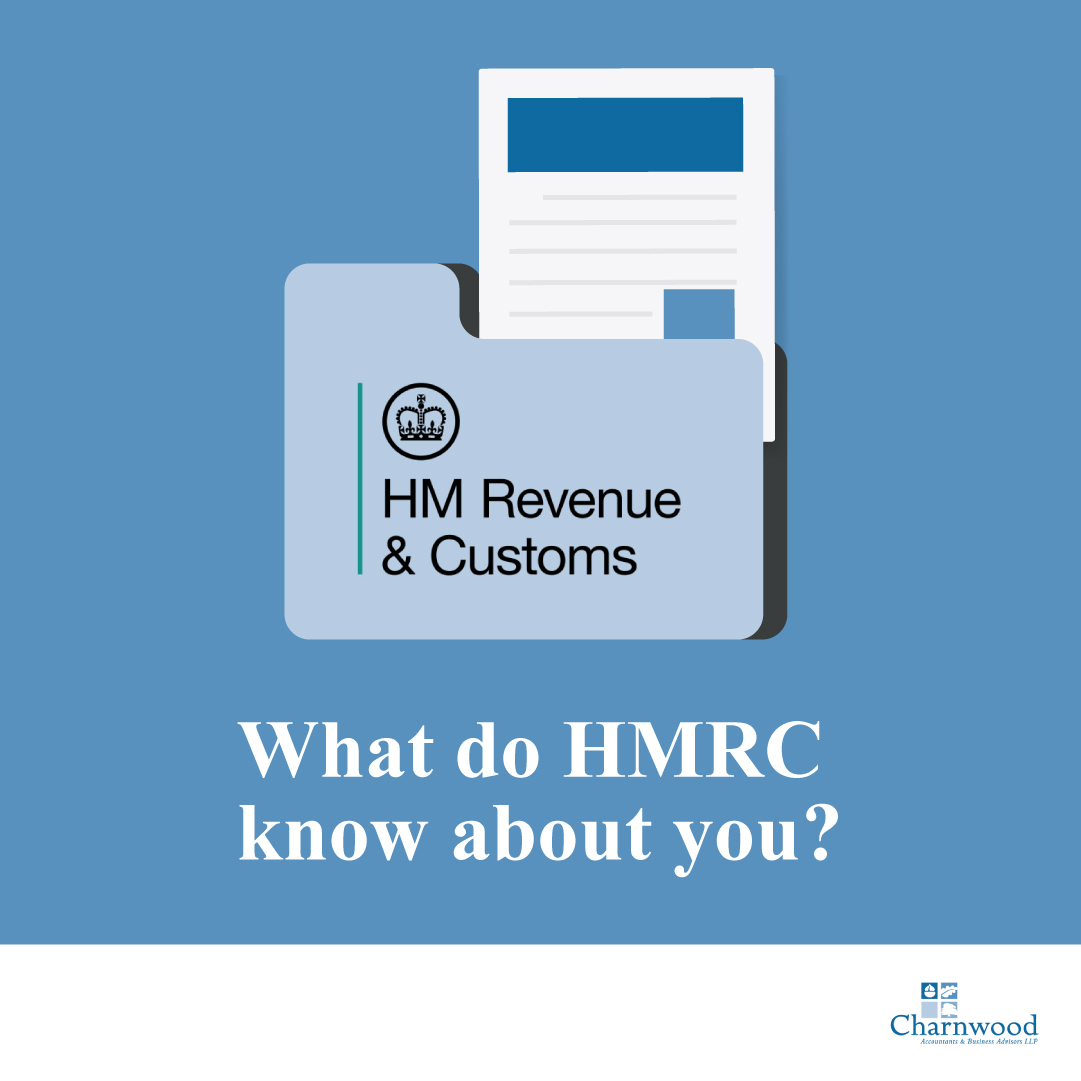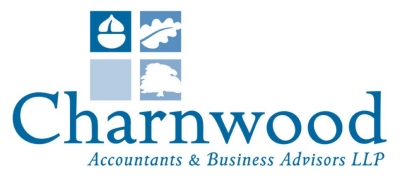
In today’s connected world, it is all too easy to retrieve information about our lives. Did you know that HMRC can check and compare information about you, which includes what you are posting on social media? If it looks like you are living a lavish lifestyle that does not equate with your income, then HMRC may become suspicious and decide to investigate.
As part of a compliance check, HMRC officers conduct internet searches to help them determine whether your spending habits are in keeping with your tax return. For example, if you are posting photos of sports cars, luxury holidays, costly hobbies and expensive home renovations, but your earnings do not match up to this level of income, this may result in a HMRC tax enquiry.
Using a system called Connect, HMRC hold vast amounts of data collected from both internal and external sources. Connect gathers information from a range of different organisations and authorities and enables HMRC officers to associate data with your tax record.
Connect enables HMRC to carry out targeted compliance checks by comparing data from the following sources:
- Interest from bank and building society accounts – to check for inconsistencies with any declared wealth.
- Debit and credit card sales – declared sales can be compared through Merchant Acquirer information.
- Money service bureaus and cheque cashing operators – when people’s funds appear to exceed known sources.
- Insurance providers – bulk data and trends offer useful insights for HMRC officers.
- Local authority licensing data – to identify trades and private hire taxi plate information.
- Property transactions and public domain planning permissions – where people appear to be spending significant sums on building works.
- Landlord deposit scheme – registered landlords, property developers and others who receive capital gain.
- Housing Benefit – potentially fraudulent claims.
Here are some other reasons why HMRC may investigate your financial circumstances…
- Third-party information – this is where an informant has advised HMRC. Typically, this is likely to be adisgruntled past employee or partner, but it could also be from another third-party source.
- Self-Assessment declarations – if accuracy is in question or there are no declarations, then HMRC may look into your affairs further. Should they find understated income or gains, you may be charged a penalty for failing to file an accurate return.
It is also important to note that HMRC carry out random compliance checks, so you may not necessarily be under suspicion for any tax errors.
The penalties for deliberate under-declarations can be up to 100% of the tax return amount (or 200% for offshore income). However, if you voluntarily disclose an under-declaration to HMRC, you may be offered a reduced penalty.
As HMRC has access to a huge amount of personal information, those under investigation will benefit from professional, specialist representation. As a highly experienced accountancy firm, we have in-house expertise to help our clients with any tax enquiries.
If you would like to stay compliant or need advice about a HMRC tax enquiry, then please get in touch by emailing: accountants@charnwoodaccountants.co.uk
